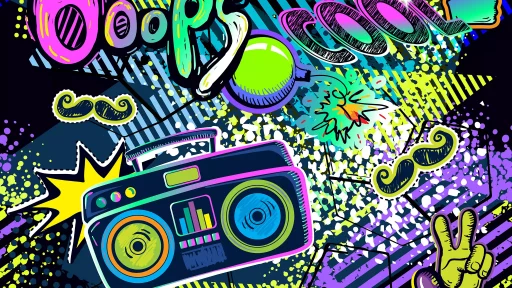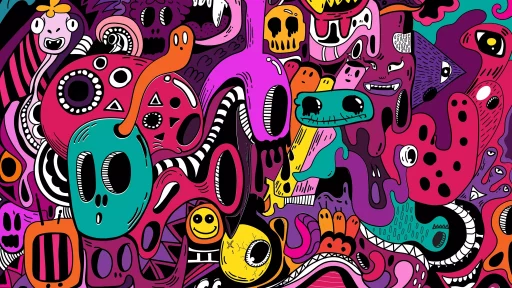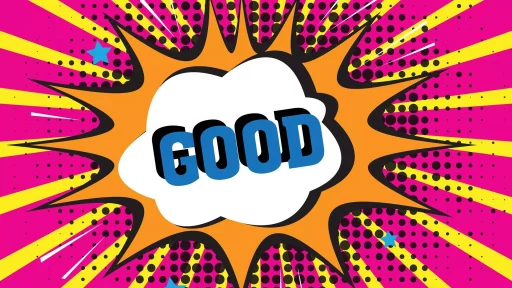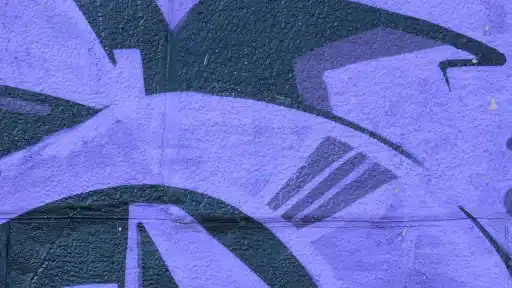Introduction
The term ‘dyke’ has a myriad of meanings and implications, especially within the LGBTQ+ community. While it can be derogatory when used as an insult, many individuals have reclaimed the word, embracing it as a badge of pride. This article aims to dive into the various connotations of the term, its cultural significance, and its usage in today’s society.
The Historical Context of the Term ‘Dyke’
Historically, the term ‘dyke’ was a pejorative term used to describe lesbians, often imbued with negative connotations. However, over time, many within the lesbian community have reappropriated the term, flipping its negative implications into positive self-identification.
- Early Usage: In the early 20th century, ‘dyke’ was primarily used in derogatory contexts to demean women who did not conform to traditional gender roles.
- Reclamation: During the feminist and LGBTQ+ movements of the 1970s and onward, the term began to be embraced as a form of empowerment.
- Contemporary Usage: Today, many lesbians proudly identify as ‘dykes,’ using the term in social and political discourse.
Cultural Significance
The reappropriation of the word ‘dyke’ is emblematic of the broader struggle for LGBTQ+ rights and the quest for identity among marginalized groups. By reclaiming this term, individuals assert their identity fiercely and publicly.
- Visibility: The use of ‘dyke’ in pop culture, art, and media has significantly contributed to the visibility of lesbian identities.
- Community Bonds: The term has created a sense of community among those who identify with it, fostering solidarity and mutual support.
- Empowerment: Using the term ‘dyke’ can be empowering, allowing individuals to take back agency over their identities.
Examples of Usage
The term ‘dyke’ can be found in various contexts, from casual conversations to literature and media. Here are some examples of how it is used:
- Social Media: Hashtags like #Pride or #DykeMarch showcase the vibrant community and pride among lesbians.
- Literature: Books by feminist authors often use the term to describe characters that defy traditional gender norms.
- Music and Art: Songs and artworks created by LGBTQ+ artists often celebrate dyke identities, contributing to cultural conversations around sexuality.
Case Studies
Several movements and organizations have adopted the term ‘dyke’ as part of their identity, promoting visibility and empowerment among lesbians and gender non-conforming individuals.
- Dyke Marches: Annual events across various cities, such as San Francisco and New York, promote visibility and celebrate lesbian pride. These marches often feature ‘Dyke’ prominently in their titles, emphasizing pride in the identity.
- Dyke Communities: Online platforms and communities dedicated to dyke culture often reclaim the term, providing a safe space for dialogue and connection.
Statistics on LGBTQ+ Identities
Understanding the use of the term ‘dyke’ also benefits from examining statistics regarding LGBTQ+ identities. According to a 2020 survey by the Williams Institute:
- Demographics: Approximately 1.4 million women in the United States identify as lesbian.
- Community Support: Over 75% of LGBTQ+ individuals express that reclaiming terms like ‘dyke’ fosters a sense of belonging.
- Cultural Acceptance: The general acceptance of queer identities has increased, with reports indicating that 71% of Americans believe that LGBTQ+ communities should have equal rights.
Conclusion
The term ‘dyke’ represents a complex interplay between identity, culture, and empowerment. While it has been used pejoratively in the past, its reclamation signals a strong sense of identity and solidarity within the LGBTQ+ community. As society continues to evolve, so too does the conversation around terms like ‘dyke,’ emphasizing the importance of understanding context and respect for individual identities.




